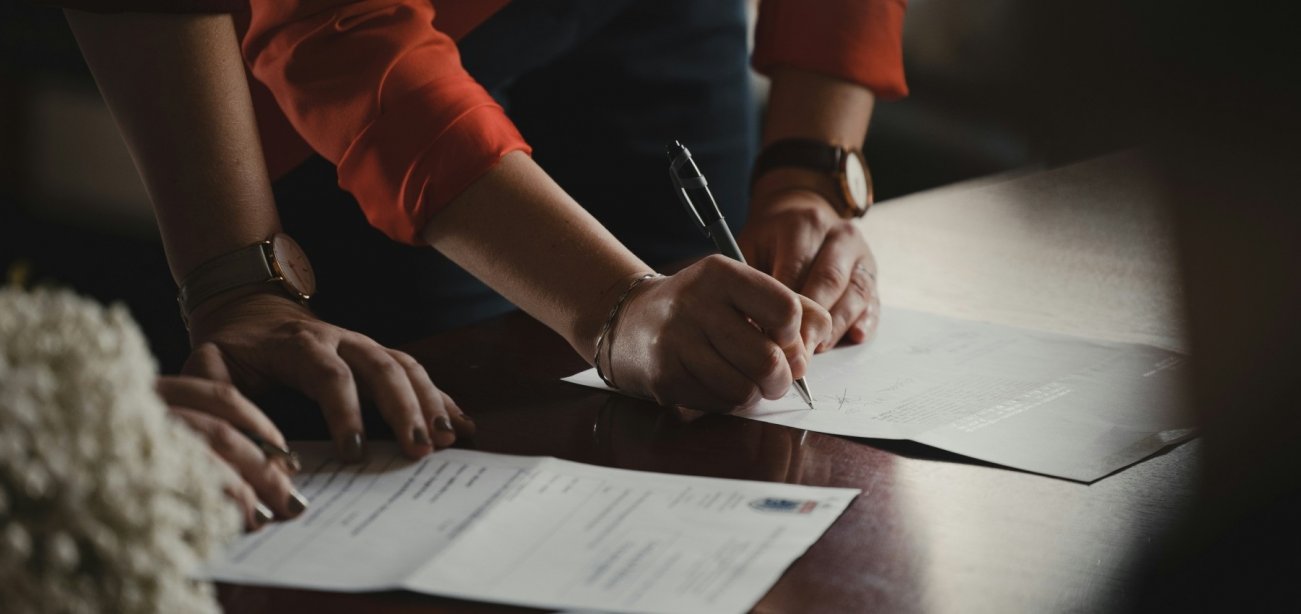22 August 2025

The rules governing the signing of Wills in England and Wales date back to the Wills Act 1837, which still forms the basis of the legal requirements today.
Whether you’re preparing a Will for the first time or reviewing an existing one, it’s essential to understand the formalities involved to ensure your wishes are upheld. Below, we explain the key steps and legal considerations.
Legal Requirements for Signing a Will
For a Will to be legally valid in England and Wales, the following must occur:
These steps must be followed precisely to ensure the Will is valid and enforceable.
Who Can Make a Will?
The person making the Will must:
Have testamentary capacity (i.e. be of sound mind), which means:
Can a Person with Illness, Dementia or a Learning Disability Make a Will?
Yes, provided they meet the legal test for capacity at the time of signing. Wills made in these circumstances can be more susceptible to challenge, so it’s important to take additional precautions. Instructing a solicitor is strongly advised to ensure the person’s wishes are carried out and to reduce the risk of disputes later on.
Witnessing the Will
How Many Witnesses Are Required?
Two witnesses are needed.
Who Can Be a Witness?
Minimum Age for Witnesses
Witnesses must be at least 18 years old.
Does a Will Need to Be Dated?
A Will does not have to be dated to be valid. However, it is strongly recommended to include the date of signing to avoid confusion or disputes over which version of a Will is the most recent.
Other Key Considerations
Tips for Ensuring Your Will Is Properly Signed
To avoid any issues with the validity of your Will, follow these best practices:
Final Word: Why Legal Guidance Matters
While it is possible to create and sign a Will without legal advice, the only way to ensure your Will accurately reflects your wishes and is correctly executed is to instruct a qualified solicitor. A professionally prepared Will reduces the risk of errors, challenges, or complications for your loved ones.
If you're considering making or updating your Will, we're here to help. Contact us for guidance to give you and your family peace of mind. Call 01202 527008 or send a message online: Contact Us AB Solicitors For Your Legal Needs